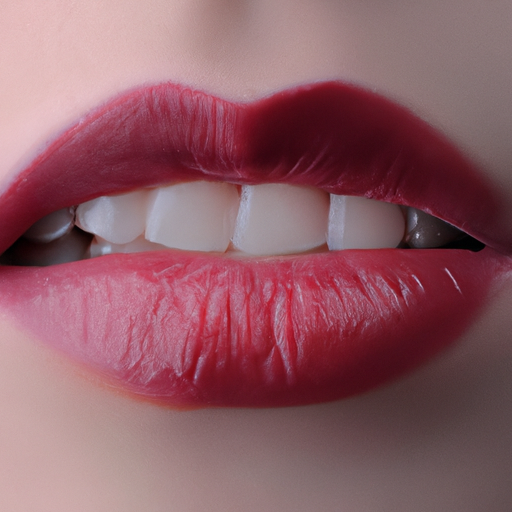As a dermatologist, I often encounter patients who are struggling with dry, chapped lips. This common issue can be a source of discomfort and can also affect your smile’s appearance. The problem often lies in the damage to the lip moisture barrier, a crucial component of lip health. This article will discuss how to restore your lip moisture barrier for a healthier and more radiant smile.
The lip moisture barrier is the outermost layer of the skin on your lips. It serves as a protective shield against environmental factors such as cold weather, wind, and sun exposure. It also helps to retain moisture, keeping your lips hydrated and plump. However, various factors can weaken this barrier, leading to dryness, peeling, and cracking. These include dehydration, excessive licking of the lips, use of harsh lip products, and exposure to extreme weather conditions.
Restoring your lip moisture barrier involves a combination of preventative measures and reparative treatments. Here are some tips to help you achieve healthier lips:
1. Stay Hydrated: Hydration is key to maintaining a healthy lip moisture barrier. Drinking plenty of water throughout the day helps to keep your body and your lips hydrated. Dehydration can lead to dryness and chapping, so make sure you’re getting at least eight glasses of water per day.
2. Use Lip Balm: Lip balm is an essential tool in protecting and repairing the lip moisture barrier. Look for balms that contain ingredients like beeswax, shea butter, or lanolin, which create a protective seal on your lips and lock in moisture. Avoid products with fragrances or dyes, as these can irritate the skin and further damage the moisture barrier.
3. Protect Your Lips from the Sun: Just like the rest of your skin, your lips need protection from harmful UV rays. Use a lip balm with SPF 30 or higher when you’re going to be outside for extended periods. This will help prevent sun damage, which can weaken the lip moisture barrier.
4. Avoid Lip Licking: While it might seem like a good way to moisten dry lips, licking your lips can actually do more harm than good. Saliva evaporates quickly, leaving your lips drier than before. It also contains enzymes that can break down the lip moisture barrier, leading to further dryness and chapping.
5. Exfoliate Gently: Exfoliating can help remove dead skin cells and promote the growth of new, healthy skin. However, it’s important to do this gently to avoid damaging the lip moisture barrier. Use a soft toothbrush or a lip scrub with fine particles, and always follow up with a moisturizing lip balm.
6. Consider Professional Treatments: If your lips are severely dry or chapped, it may be worth seeking professional help. Dermatologists can offer treatments such as hydrating masks or lip peels that can help restore the lip moisture barrier.
In conclusion, maintaining a healthy lip moisture barrier is crucial for achieving soft, smooth lips and a radiant smile. By staying hydrated, using the right lip care products, protecting your lips from the sun, avoiding harmful habits, and seeking professional help when needed, you can restore your lip moisture barrier and enjoy healthier, more beautiful lips.



